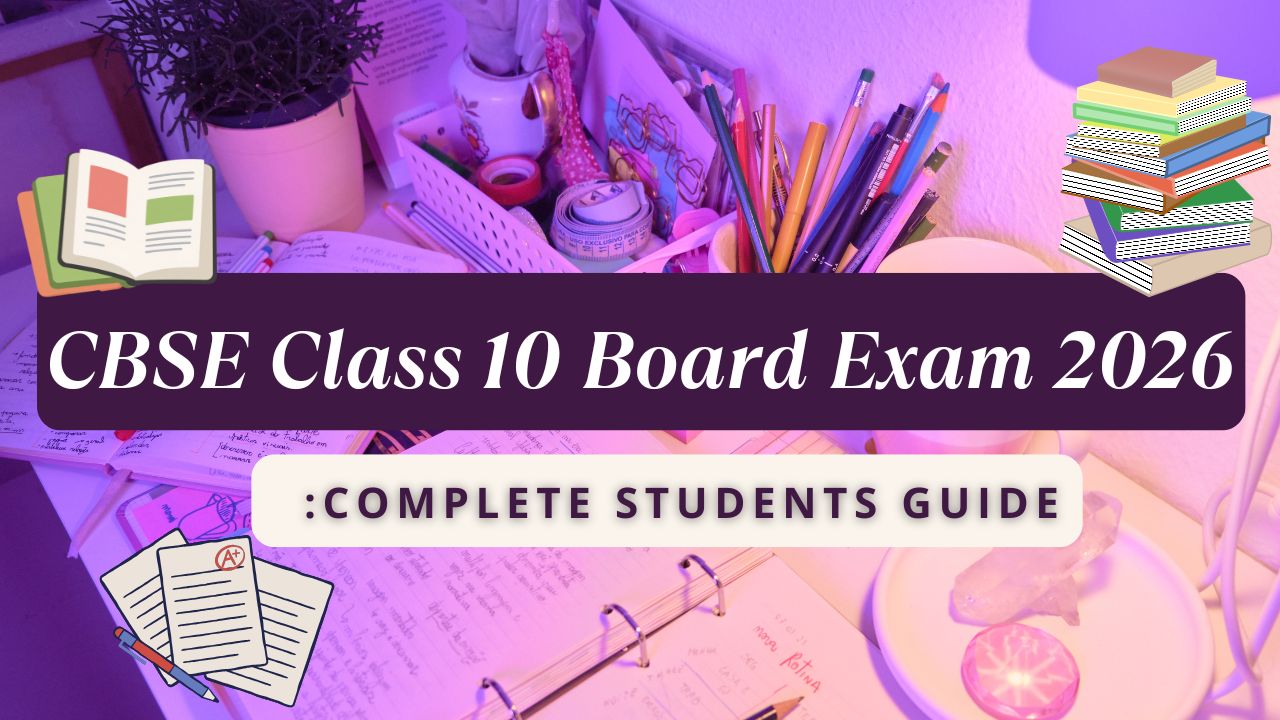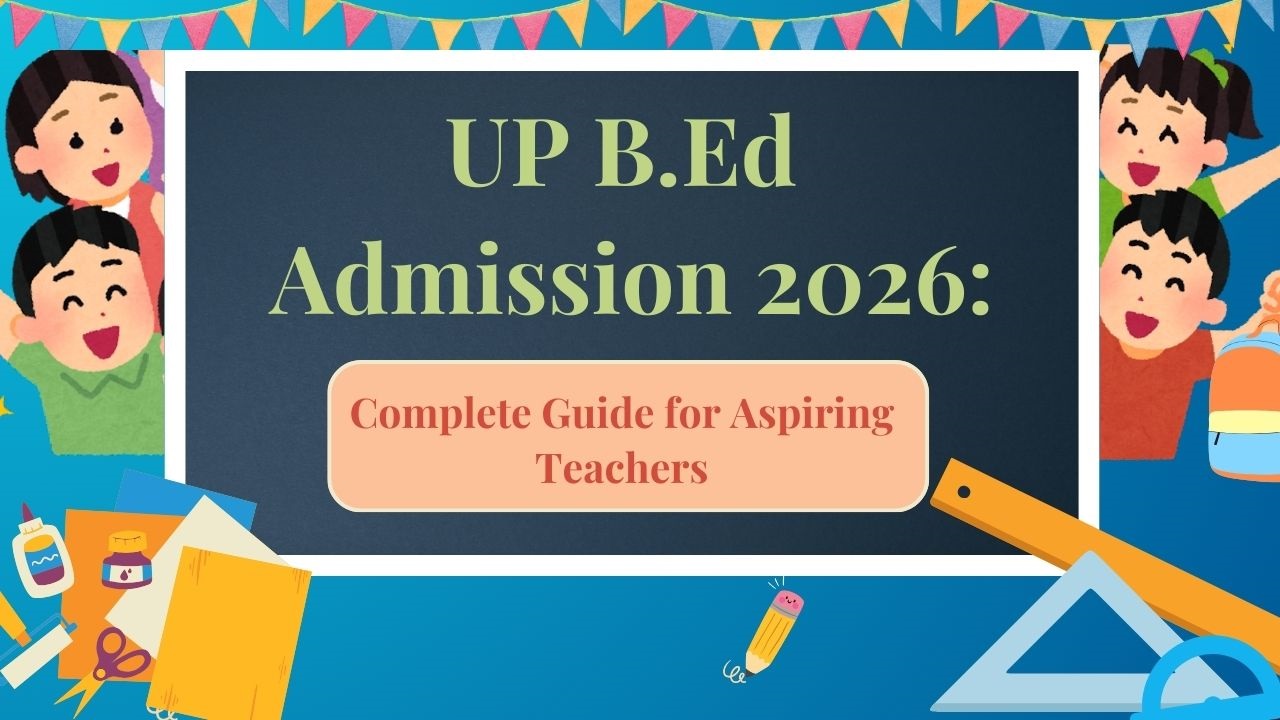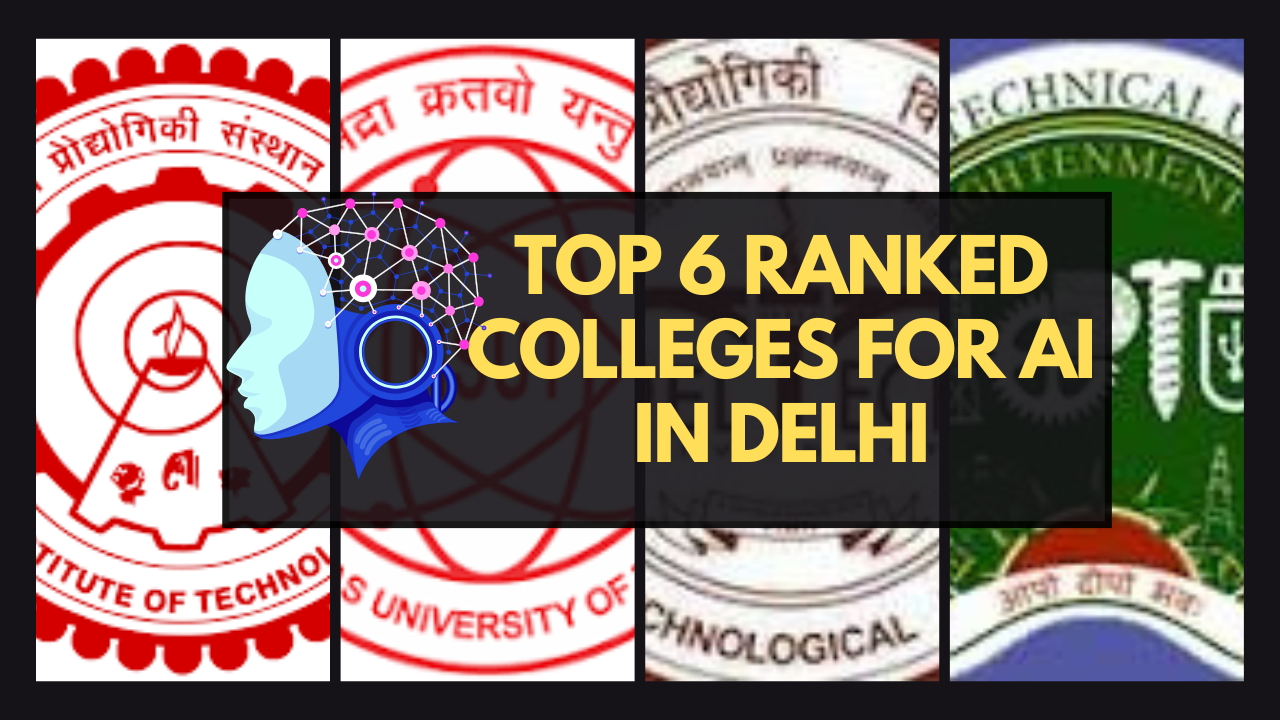Bhoomi Kaushik
Get Real Experts on your side
Before venturing to seek career counseling, answer a few basic questions so we can connect you with our best expert counselor for personalised guidance and mentorship.




Bhoomi Kaushik
11/02/2025
In today's fast-paced digital world, earning a Bachelor of Arts in Journalism and Mass Communication (BAJMC) online has become popular for students looking to break into media and communication fields. Whether you're drawn to journalism, advertising, public relations, or media management, the flexibility of online education allows you to pursue your degree without having to put your life on hold. But with so many online BAJMC programs available, how do you choose the right one?
Here's what to look for when evaluating top-ranked online
BAJMC programs.
The first thing you should check for is accreditation.
Accreditation ensures that the program meets established academic standards and
is recognized by employers, other institutions, and professional organizations.
The Accrediting Council on Education in Journalism and Mass Communications
(ACEJMC) is the primary accreditation body for journalism programs. Ensure the
program you're interested in has ACEJMC accreditation or is accredited by a
similar recognized agency.
Without accreditation, your degree might not carry the weight
it should when applying for jobs or pursuing further education.
A good online BAJMC program will offer a well-rounded
curriculum that balances theory with practical experience. Look for programs
that cover core areas like journalism ethics, media law, digital storytelling,
multimedia production, and communications theory. Some programs also offer
specialization tracks, such as:
Choosing a program with specialization options allows you to
tailor your degree to your career goals. Also, check if the curriculum includes
hands-on opportunities like internships, real-world projects, or partnerships
with media organizations to gain practical experience.

The quality of instruction is one of the most critical
factors in choosing an online program. Look for programs taught by professors
with real-world experience in journalism, communications, and media industries.
Faculty members with strong industry backgrounds are more likely to provide
practical insights and help bridge the gap between academic concepts and
real-world applications.
You can typically find faculty profiles on the program's
website, where you can check their credentials, publications, and professional
experience. A strong faculty network can also provide valuable career
connections and mentorship opportunities.
Although online programs sometimes feel detached, a great BAJMC
program will incorporate hands-on learning experiences. These could include
virtual newsroom simulations, collaborative group projects, or multimedia
content creation. Additionally, look for programs that offer internship
opportunities remotely or through partnerships with local media organizations.
Some online BAJMC programs even have partnerships with major
media outlets, allowing students to gain internship credit while working on
live projects. These opportunities will help you build a professional portfolio
to showcase to future employers.
|
Undergraduate
Programs |
Post
Graduate Programs |
Online learning can sometimes feel isolating, but a top-tier
BAJMC program will provide plenty of support to help you succeed. Look for
programs that offer firm student support services, including academic advising,
career counseling, and technical support. These services can make a significant
difference, especially when navigating the challenges of an online degree.
Additionally, consider whether the program provides
networking opportunities like industry guest speakers, online forums, and alum
groups. Networking is essential in media industries, where connections often
play a significant role in career advancement.
One of the main benefits of studying online is the
flexibility it offers. When comparing programs, consider the following:
The right program should fit your lifestyle and future goals,
allowing you to maintain a work-life balance while pursuing your degree.

Lastly, take the time to research student reviews and the
program's overall reputation. Websites like GradReports, Niche, and College
Consensus provide honest feedback from current and past students, which can
give you insights into the program's strengths and weaknesses. You can also
look for rankings from reputable sources such as U.S. News & World Report
or The Princeton Review to understand how the program stacks up against other
online BAJMC programs.
Additionally, consider contacting alums or current students
through LinkedIn or online forums to ask about their experiences. Word-of-mouth
recommendations can help you gauge the program's quality and potential return
on investment.
While not always at the top, cost is essential in choosing an
online BAJMC program. A top-ranked program may come with a hefty price tag, but
it's necessary to consider whether its value justifies the cost. Look for
programs that offer competitive tuition rates, financial aid options, and
scholarships.
Some programs also allow students to transfer credits from
previous coursework or work experience, which can help reduce the total cost of
earning your degree. Be sure to investigate all potential financial aid
resources before committing to a program.
Conclusion
Choosing the best online BAJMC program for you requires
careful consideration of various factors, including accreditation, curriculum,
faculty expertise, and hands-on learning opportunities. By focusing on programs
that offer a robust and flexible learning experience, you can position yourself
for success in the competitive world of journalism and mass communication.
Remember, a top-ranked online BAJMC program should provide
academic knowledge and equip you with the practical skills and industry
connections needed to thrive in the rapidly evolving media landscape.









.png)











.jpg)


.jpg)




.png)







.png)

.png)




.png)

.png)
.png)



.png)

.png)


.png)

.png)


.png)

.png)

.png)
.png)

 (1).png)



.png)

.png)
.png)


.png)


.png)


.png)

.png)







.png)





.png)


.png)














.png)













.png)




.jpg)






.png)




.png)


.png)
.png)
.png)
.jpg)



.png)


.png)
.png)
.png)



.png)











.png)
.png)



.png)


.png)
.png)


.jpg)







.jpg)









.jpg)





.png)


.jpg)



Before venturing to seek career counseling, answer a few basic questions so we can connect you with our best expert counselor for personalised guidance and mentorship.
